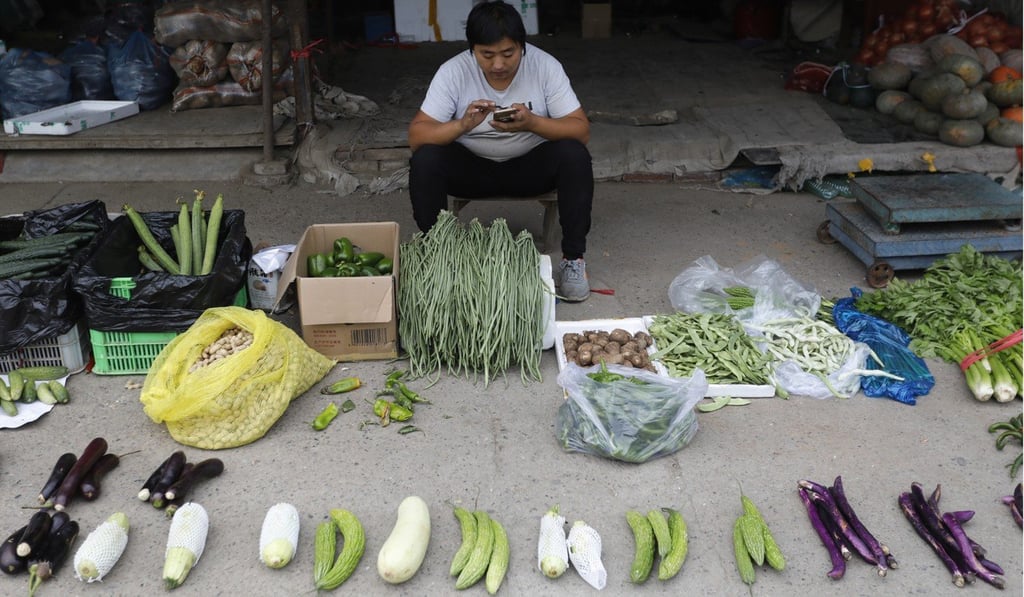Advertisement
Macroscope | China can’t be passive and shortsighted if it wants to get out of a bear market
- Hao Zhou says the outlook for the Chinese economy is weak, as consumption falls and the deleveraging campaign stalls. Chinese policymakers need to come up with longer-term solutions and convince the market of China’s commitment to economic openness
Reading Time:3 minutes
Why you can trust SCMP
0

What a difference a year makes. Around this time last year, one of the most frequently asked questions about China’s economy was: is it in a new boom cycle? The optimism about the Chinese economy was largely driven by the consumption story. By this logic, rising consumption would not only help China sail through structural challenges, but also rebalance the global economy and boost the financial markets.
However, the market has to admit that it might have been too naive and underestimated the challenges facing China. What has really surprised the market is China’s extremely poor consumption figures this year, which have raised concerns about the soundness of China’s domestic demand. For instance, passenger car sales barely grew in the first three quarters of this year, the weakest performance in about a decade. Amid the gloom about China’s demand and the uncertainties from trade tensions, global automobile producers need to think twice before they allocate more investment for China.
In the meantime, China’s deleveraging campaign appears to have stalled, fuelling worries about medium-term growth prospects. According to recent data from the Bank for International Settlements, China’s non-financial corporate debt as a percentage of gross domestic product has ticked up again since the beginning of this year. This is after a mild decline through 2016 and 2017, suggesting that the government is putting aside China’s debt problems and shifting its focus to supporting growth.
This does reflect the strong political will to meet the growth target for this year. However, while few economists would project a significant deceleration in China’s growth in the coming quarters, the medium-term outlook has actually become more challenging due to the debt overhang.

Subdued consumption and delayed deleveraging, to a large extent, have disappointed investors, especially equity experts who are looking for medium-term investment opportunities. As a result, China’s stock market has gone into free fall, with the benchmark CSI 300 index sliding about 23 per cent year to date.
Advertisement
